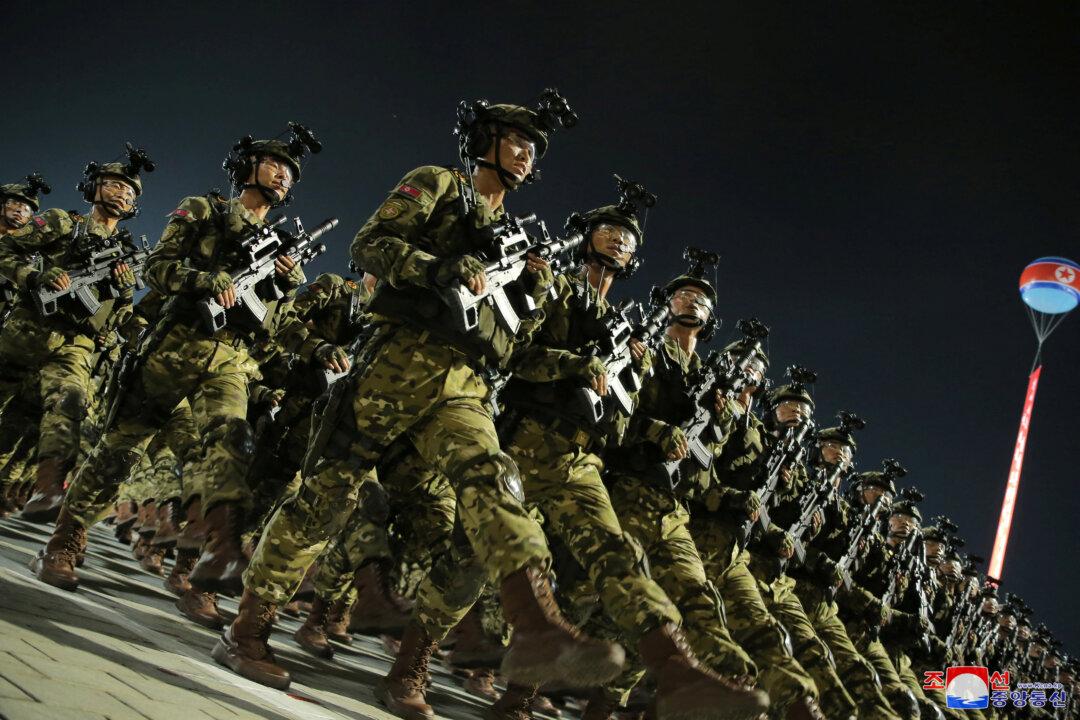On the morning of June 19, Beijing appointed 26 new principal officials to the Hong Kong government, the sixth government since the handover, to take up office from July 1.
On the same day Chief Executive (CE) elect John Lee Ka-chiu led his new troupe of officials to meet the press. Four of the principal officials are sanctioned by the U.S. government, including Lee himself. Public opinions indicate that people from the commercial sector are not too keen to join the new government, one of the reasons is because of the risk of being sanctioned by other countries.




